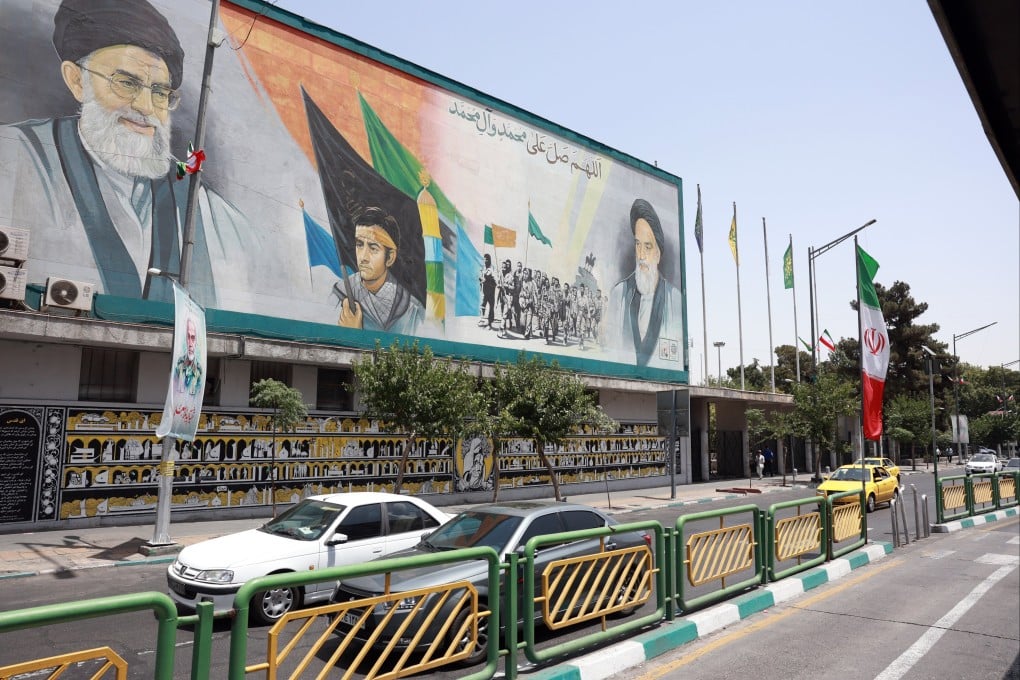My Take | Does Iran need change? That’s up to Iranians to decide
The US should not intervene in Iranian domestic politics, but that does not mean Iran should not consider change

Initially, there was a glimmer of hope for de-escalation. Israel confirmed its acceptance of the ceasefire proposal and even reopened its airspace for emergency flights, while Iranian state media said a ceasefire had been “imposed on the enemy” after Tehran’s missile attacks on an American base in Qatar.
Iran reportedly issued a warning before launching the strikes in response to “blatant military aggression” by the United States, a reference to US air strikes on Iranian nuclear facilities over the weekend.
Some observers said Tehran’s measured response indicated that a weakened Iranian regime might not want to intensify the direct conflict with the US for the time being. Trump even thanked Iran for giving advance notice.
But less than three hours after Trump’s ceasefire speech, Israel said it had detected another barrage of missiles and vowed a forceful response. The Iranian military, however, denied it had launched attacks at Israel.

